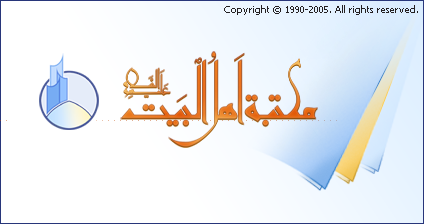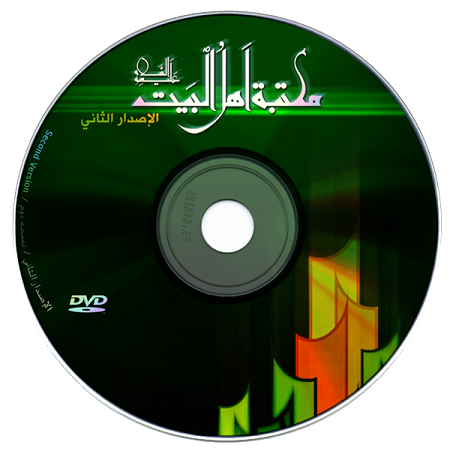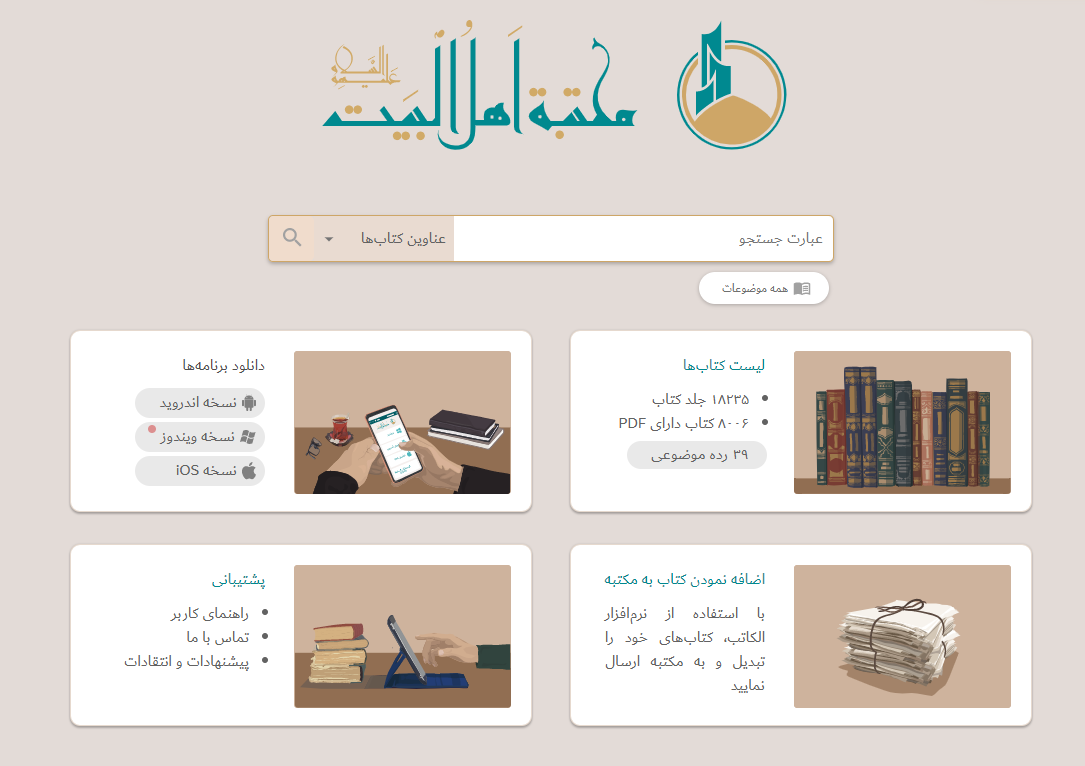Maktabat Ahl al-Bayt / مكتبة أهل البيت
A single database with access to over 18,000 digital texts in Arabic and Persian.

Maktabat Ahl al-Bayt (the Ahl al-Bayt Library) is a digital text database similar to al-Jāmiʿ al-Kabīr, al-Maktaba al-Shāmila and the AKU-ISMC’s KITAB Corpus that currently contains around 18,000 volumes in Arabic and Persian.
The scope of this database broadly covers works of tafsir (exegesis), hadith, fiqh (jurisprudence), biographical dictionaries, bibliographies, genealogical and linguistic dictionaries, works of history, biographies of the Prophet and the imams, and some books on Arabic language, beliefs, ethics, interpretation of dreams, philosophy, logic, and more.

The Library purchased the first edition of the Maktabat Ahl al-Bayt database as a DVD-ROM around 2010. It was one of the first all-encompassing databases to include significant Shi’i sources alongside non-Shi’i reference works. The total number of volumes contained was around 4,700. The DVD-ROM included an accompanying 239-page book, which had a list of titles and indexes. Unfortunately, the software was only accessible from a dedicated computer terminal in the Library. It was well-known as a treasure trove for those who ventured to use it.

Although a second edition of this database was released in 2012, consisting of over 7000 volumes, we couldn’t find a licensed copy by the time the Library was aware of this new edition. While there was no response from the publishers, when contacted, one only needed to look a bit deeper to find a pirated copy. This option, however, was not available to us.
The good news is that in 2023, a greatly expanded third edition is now freely and openly accessible online. The current edition contains around 18,235 titles; however, the database encourages users to upload books from their private libraries. We believe this collaborative effort will rapidly increase the number of titles available; and the company assures they have a vetting process in place to verify the uploaded books. Regarding the content languages, the current figures are around 14,500 books in Arabic and 3,800 in Farsi.

Unlike the disc software version, the platform is intuitive and user-friendly, offering three interface language versions (Arabic, Persian, and English) and an option to view the PDF pages of some books whilst browsing in text mode. Despite the trilingual interface, technical support is only available in Arabic and Persian.
If you decide to use this software, feel free to contact the Library for help; or book a lunchtime workshop session, where we will introduce the database with a demonstration and offer an opportunity to troubleshoot any issues you may have.